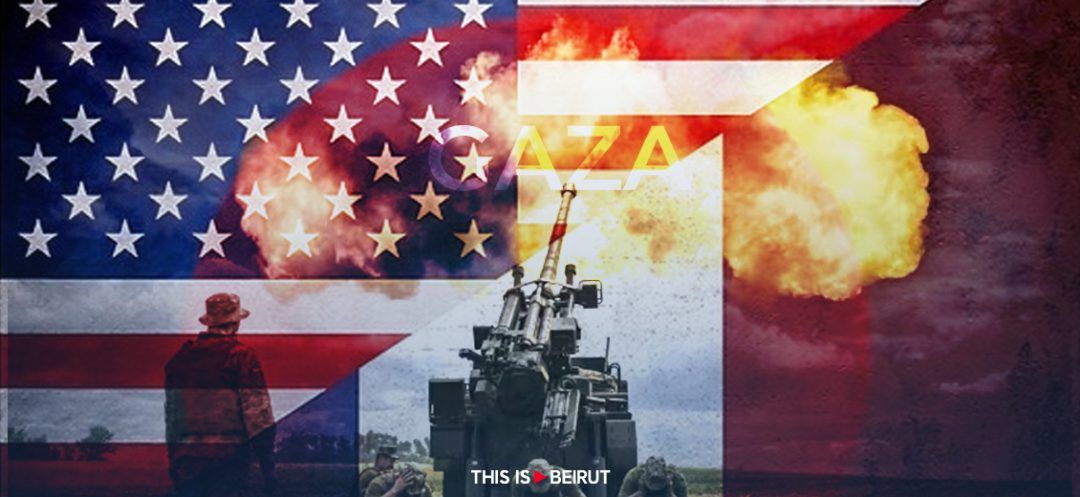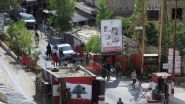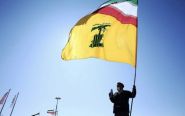
Israel's incursion on Rafah bears no resemblance whatsoever to Gaza’s military operation. Behind the facade of this so-called "limited operation" lie calculated political objectives aimed at securing a decisive victory, enabling Israel to achieve a ceasefire on its own terms, rather than those of Hamas. This unfolds amidst expectations of a comprehensive political solution, especially in light of Egypt's urgent appeal to the United Nations Security Council to take immediate action for a ceasefire in Gaza, where the casualty toll exceeded 35,000 dead, mostly women and children.
In parallel, Hezbollah is linking the fates of the French proposal, the American initiative, and the presidential mandate to the Gaza ceasefire. Nonetheless, the French and Americans have stepped up their efforts to prevent an open war in the south, where tensions escalated and confrontations intensified. The Shiite party has rejected offers to withdraw from UNIFIL’s zone of operations to the north of the Litani River. But despite Hezbollah’s firm stance, informed sources stress that the solution in Lebanon will be through diplomacy rather than war. European diplomatic circles fear that Israel may deliver a sudden and painful blow within Lebanon by targeting members of the Iran-backed “Moumanaa Axis,” mostly Hezbollah’s. But the latter remains committed to keeping the southern front ablaze until Israel agrees to a ceasefire in Gaza.
In anticipation of the repercussions of the Rafah operation on the region and Lebanon, both Paris and Washington intensified communication with Lebanese parties, especially with the “Shiite duo,” Amal and Hezbollah, through Speaker of the House Nabih Berri who received the modified text of the French proposal from the French Embassy.
The initiative provides for the cessation of military activities in the south in line with a Gaza ceasefire, pending Israel's approval. Concurrently, the American initiative calls for implementing Resolution 1701 and securing disputed border points. Well-informed sources indicate that the French proposal overlooks the Lebanese presidential election whereas the American initiative focuses on expediting the election, to enable Lebanon to navigate local and regional developments and engage in negotiations towards a new Middle East accord.
The response to the French initiative was submitted by Berri following consultations between caretaker Prime Minister Najib Mikati and Hezbollah. It came in the form of an “ambiguous approval,” which signaled Lebanon's endorsement of the French proposal while bolstering Hezbollah’s position as a “resistance” movement.
According to sources close to Hezbollah, the party is not interested in any potential discussions or proposals until the offensive on Gaza ceases. “Only then, will the party be ready to discuss steps aimed at reinforcing sovereignty."
The response to the French proposal also rejected any amendments to Resolution 1701, citing concerns that such changes could subject it to UN’s Chapter VII regulations. It objected, as well, to labeling the so-called “resistance” as mere "armed groups.”
The Lebanese response underscores the full implementation of Resolution 1701, starting with Israel's obligation to comply with all its provisions, including the withdrawal of its forces from occupied territories, such as the Shebaa Farms and the Kfarchouba Hills, and committing to refrain from any violations, be it land, sea, or air. It also refuses to give the UN peacekeeping force (UNIFIL) freedom of movement in the south without prior coordination with the Lebanese Army.
In Israel, the response to the French initiative emphasized the potential of a military action should Hezbollah refuse the diplomatic option.
Meanwhile, the five-nation group or Quintet (France, Saudi Arabia, Qatar, Egypt and the United States), which is seeking to facilitate the presidential election process, calls on Israel and Hezbollah – to adhere to Resolution 1701.
According to informed sources, "The party cannot keep its weapons and missiles south of the Litani be it covertly or overtly, nor maintain its arsenal and positions along the border, using the so-called environmental NGO ‘Green Without Borders’ as a cover, as it did prior to October 7."
Read more



Comments